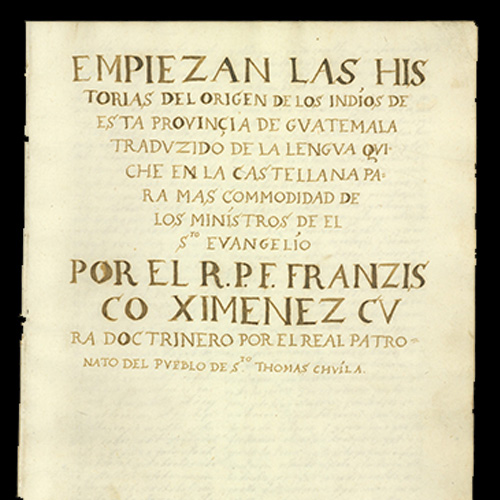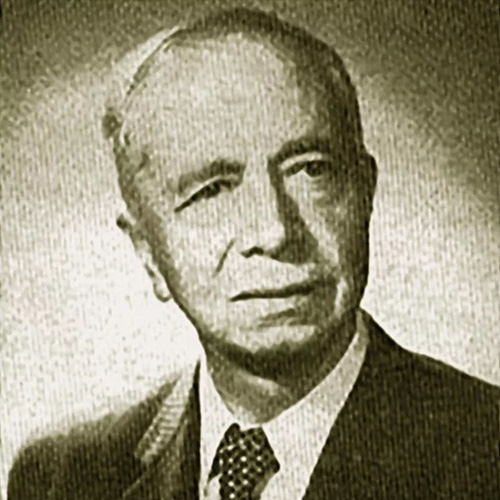About
The first edition of Popol Vuh by Adrián Recinos is an important Spanish work for Mayan studies. Recinos' translation of the Mayan "Book of the People" paved the way for scholars, such as Delia Goetz and Sylvanus G. Morley, to publish English translations in 1950 and 1954. Recinos was also the editor for the subsequent English translations. This translation is based on Father Francisco Ximénez's manuscript from ca. 1700-1703.
Source: OMNIKA
Access
External sources
Primary
Myth
Deities first created the world and made humans from clay, then wood. These humans were emotionless and destroyed by the deities in a flood, who turn them into monkeys. Later, the first four people are made and named after the Jaguar animal.
Belief system
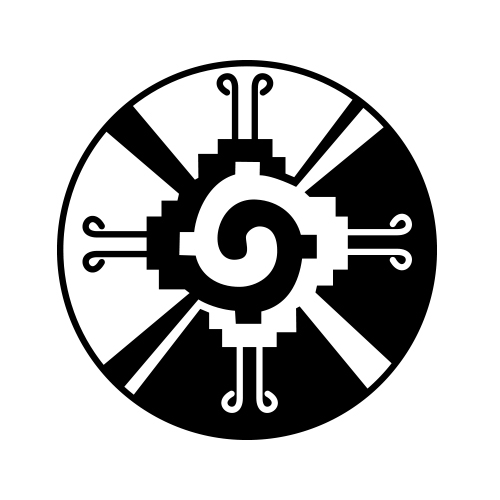
Mayan religion refers to the spiritual beliefs and customs of some indigenous people from Mesoamerica, mainly Mexico and Guatemala.
Deity
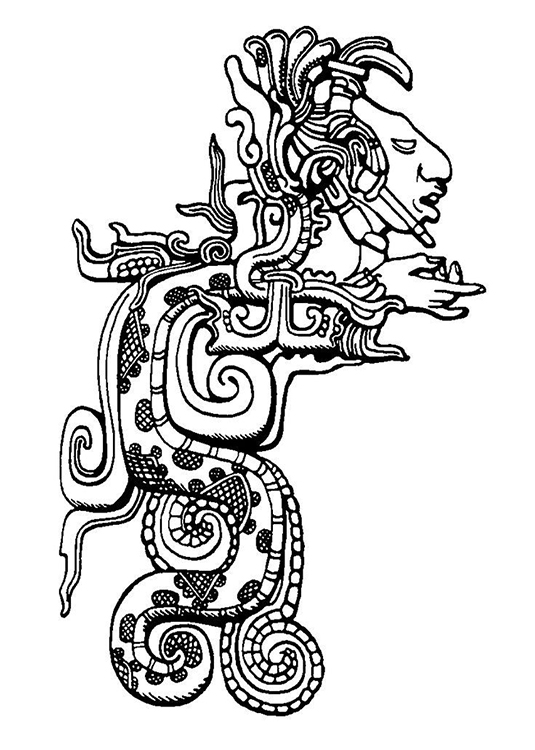
Kukulkan was one of the main deities in Mayan religion and traditionally depicted as a feathered serpent. A pyramid at Chichen Itza, Mexico, is devoted to Kukulkan.
Translation
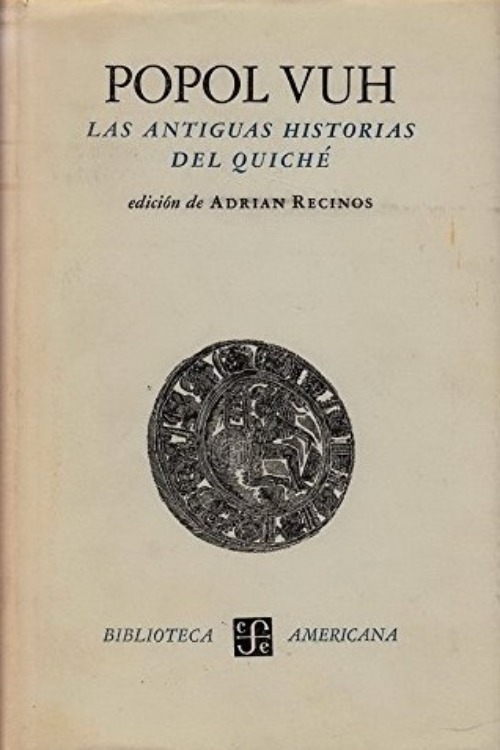
"Popol Vuh" is a 1947 partial Spanish translation of the Popol Vuh creation myth by Adrián Recinos. Recinos was the first scholar to seemingly publish a contemporary translation of the Mayan mythological contents within the Father Francisco Ximénez manuscript at The Newberry Library in Chicago, IL.
Myths cited
It looks like only the main myth was referenced in this work.
Belief systems cited
It looks like only the main belief system was referenced in this work.
Artifacts cited
Contributor
Cite this work
ChicagoRecinos, Adrián. Popol Vuh: Las Antiguas Historias del Quiché [Spanish; first edition]. Mexico City, Mexico: Fondo de Cultura Económica, 1947.
